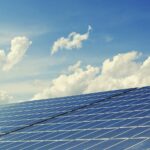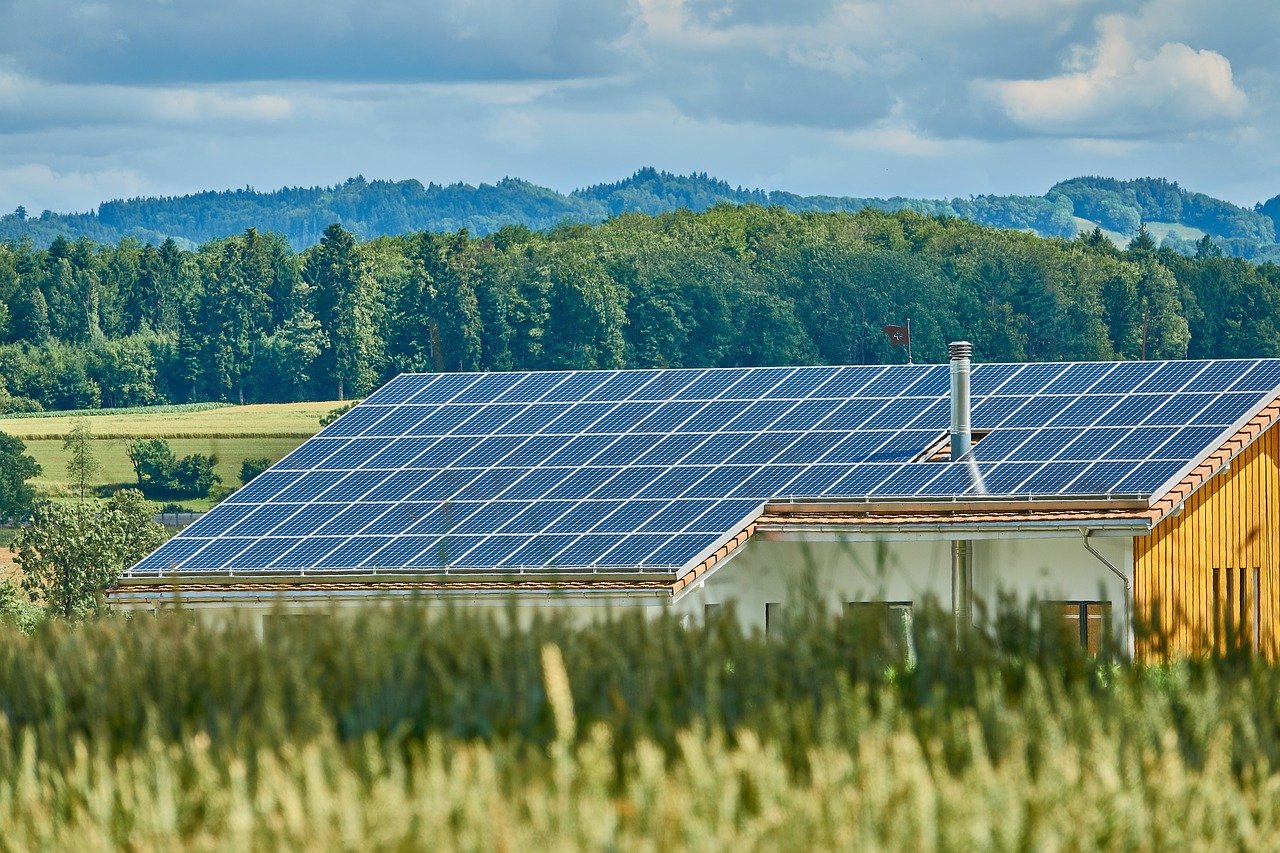What is the lifespan and maintenance costs of solar panels
When we decide to install a solar system, the most common question is usually “how much do solar panels cost?” Or “How much do solar panels cost?” It’s only natural, because for many of us, having our own solar power plant is not only an environmental and emissions reduction issue, but also a financial one that ultimately comes down to a conversation about our wallet, writes Ecotown.
Most solar modules that are used in home power plants have a warranty of about 25 or 30 years. That means they’re guaranteed to last for decades – unlike most other appliances we often buy. Also, the end of a solar panel’s warranty period doesn’t mean that it will “die” right after that and need to be replaced. It will still continue to work, it’s just that its efficiency will decrease slightly with each passing year. In fact, some older models of solar panels have been producing electricity for more than 40 years and are not going to “die” in any way. At the same time, they are expected to last for dozens of years more.
Several years ago, the National Renewable Energy Laboratory (NREL) conducted a study on the rate of “photovoltaic degradation” on a sample of 2,000 solar power plants. According to the study, on average, a solar panel loses about half a percent (0.5%) of its efficiency per year. This means that at the end of the 25-year warranty period, your solar panel will still be operating at a high level of efficiency – 88% of the original. However, not every panel reduces its efficiency by 0.5% annually. As evidenced by the performance of some solar modules that have been in operation for more than 30 years under the sun’s rays, their efficiency exceeds what is stated in their documentation.
These decades of solar panel life make the economics of solar power plants even better, as most systems will pay for themselves in the first ten years and continue to deliver clean energy to their owners for years to come, so the question “how long do solar panels last” may just not be the right question.
Obviously, a more correct question would be “What is the expected cost of maintaining and replacing parts of the solar power plant” since the solar panels will need to be replaced in the near future, but the situation with the inverter (a device that converts direct current from the panels to alternating current that can be transmitted to the general grid) is quite different. The average lifespan of an inverter is 10-15 years. However, its efficiency does not gradually decrease, as in a solar panel. One day it simply stops working. This is usually what happens with so-called central inverters. However, at the same time there is a good alternative – micro inverters, which can be installed on each individual solar panel. Their service life should be longer than that of traditional inverters and can be up to 25 years.
Even taking into account the replacement of the inverter (or several if using micro-inverters) and the realities of the economy, investing in a solar system – this is one of the most profitable investments.









